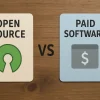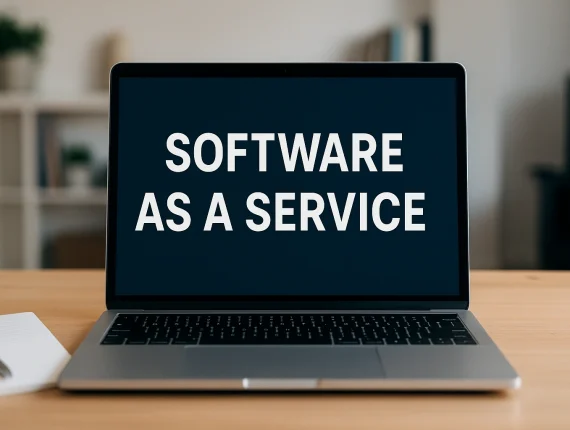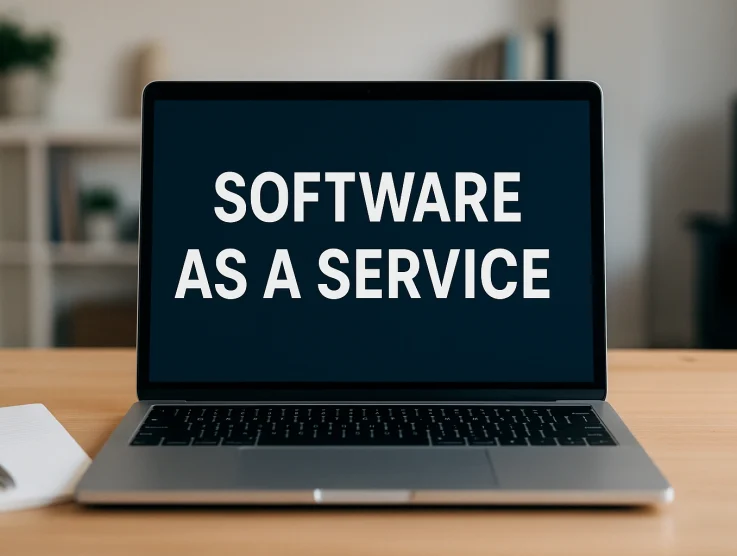 In today’s digital world, having a strong online presence is no longer a luxury — it’s a necessity. That’s where web development comes in. Whether you’re running a personal blog, launching a startup, managing an eCommerce store, or scaling a tech company, your website is often the first impression people have of your brand. As a result, web development is one of the most essential skills in the modern tech landscape.
In today’s digital world, having a strong online presence is no longer a luxury — it’s a necessity. That’s where web development comes in. Whether you’re running a personal blog, launching a startup, managing an eCommerce store, or scaling a tech company, your website is often the first impression people have of your brand. As a result, web development is one of the most essential skills in the modern tech landscape.
But web development isn’t just about writing code. It’s about building fast, functional, and user-friendly experiences that keep visitors engaged. From intuitive navigation to responsive design and secure back-end systems, every part of a website plays a role in how users interact with your content or product.
A well-developed website also improves SEO, loads faster across devices, and delivers better accessibility. That means more visibility, higher traffic, and stronger conversion rates — all leading to measurable business growth.
Moreover, as online behavior continues to evolve, web development adapts. Whether you’re adding new features, integrating third-party tools, or building web apps, solid development practices help you stay competitive and future-ready. In short, good web development turns ideas into working platforms — and visitors into loyal customers.
What Is Web Development?
Web development is the process of creating and maintaining websites. It includes everything from building a simple landing page to designing complex web applications. In simple terms, it’s the work that goes on behind the scenes to make a website look good, work fast, and perform well across all devices.
Web development can be divided into three main areas:
- Front-end development: This focuses on what users see — the layout, design, and interactive features.
- Back-end development: This deals with the server-side, databases, and how the website functions behind the scenes.
- Full-stack development: This covers both front-end and back-end development.
Why Web Development Is Important
These days, people expect websites to load quickly, look great on mobile, and provide smooth navigation. Without proper web development, your website might be slow, clunky, or even broken on some devices. That’s a fast way to lose potential customers.
Here’s why web development matters:
- Builds trust: A clean, professional-looking website shows users you’re serious.
- Improves user experience: When your site is easy to use, visitors are more likely to stay.
- Drives traffic: Good web development supports SEO efforts, helping your site rank higher in search results.
- Boosts conversions: A well-developed site makes it easy for users to take action, whether that’s making a purchase or signing up for a newsletter.
Core Technologies
There are several tools and languages used. Here are the most common ones:
- HTML: The backbone of every website. It structures your content.
- CSS: This controls the layout, colours, and fonts, making things look good.
- JavaScript: Adds interactive features like buttons, sliders, and forms.
- PHP, Python, or Node.js: These are used on the back-end to process data and run the server.
- Frameworks and CMSs: Tools like React, Vue, Laravel, WordPress, and Django speed up development and offer more flexibility.
SEO and Web Development Go Hand in Hand
Many people think of SEO as something separate from development, but that’s not the case. A well-built website forms the foundation of your SEO strategy.
Here’s how web development affects your SEO:
- Mobile responsiveness: Google prioritizes mobile-friendly websites in search rankings.
- Site speed: A slow website can lower your ranking and drive users away.
- Clean code: Search engines prefer clean, well-organized code structures.
- URL structure and metadata: Developers play a role in optimizing these areas for better visibility.
So, if you’re serious about getting found online, should be a top priority.
How to Get Started?
If you’re looking to become a web developer, now is a great time. There are tons of free and paid resources available online to help you learn. Here’s a simple roadmap to begin:
- Learn the basics: Start with HTML, CSS, and JavaScript.
- Build projects: Practice by creating personal websites, blogs, or small apps.
- Learn version control: Use Git and GitHub to manage and share your work.
- Pick a stack: Choose a tech stack (like MERN or LAMP) that suits your goals.
- Stay updated: Evolves fast. Read blogs, watch tutorials, and follow tech trends.
The Future of Web Development
Web development is constantly changing. Technologies like Progressive Web Apps (PWAs), voice search optimization, AI integration, and motion UI are reshaping the way we build websites.
Businesses now want websites that aren’t just functional — they want them fast, secure, interactive, and smart. That’s why web developers are in such high demand.
Bringing It All Together
Whether you’re a business owner looking to grow online or a beginner learning the ropes, understanding a valuable skill in today’s world. It’s not just about writing code — it’s about creating digital experiences that connect, inform, and convert.
In short, web development is the bridge between your ideas and the internet. And in a world where first impressions happen online, that bridge has never been more important. For further information, we’re open to connecting with you.











